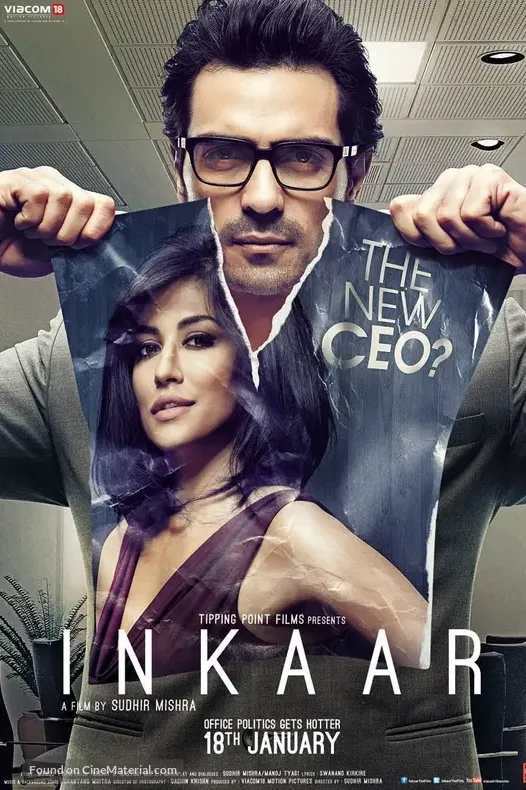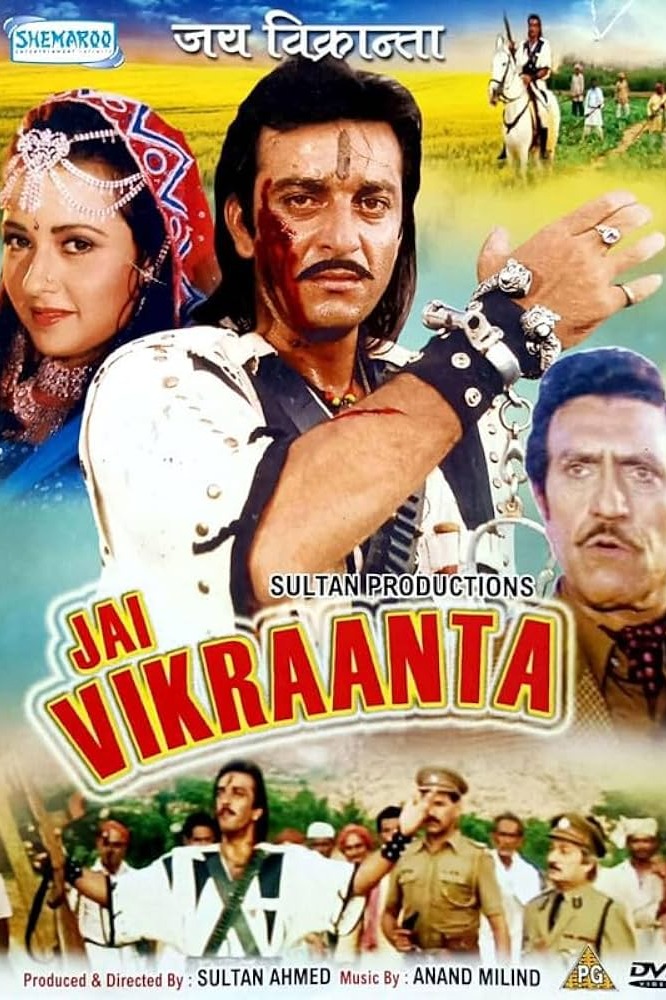Deepti Naval
Biography
Deepti Naval is a celebrated Indian actress, poet, director, and painter known for her exceptional work in Indian cinema, particularly in the realm of Hindi parallel cinema in the 1980s. Her versatility and natural performances have made her one of the most respected and beloved actresses in Indian film. With a career spanning over four decades, Naval has portrayed a range of characters that resonate with authenticity, emotional depth, and simplicity.
Early Career and Entry into Bollywood
Deepti Naval returned to India in the late 1970s to pursue a career in acting. She started her career in Bollywood with smaller roles in films, aiming to find her place in an industry dominated by mainstream commercial cinema. Her debut film, Junoon (1978), directed by Shyam Benegal, marked her entry into the world of Indian cinema. Although her role was small, Junoon was part of a wave of parallel cinema films that sought to offer a more realistic portrayal of Indian society and everyday life.
In 1980, she received her breakthrough role in the film Ek Baar Phir, directed by Vinod Pande. Her portrayal of a woman trapped in an unhappy marriage resonated with audiences and critics alike, setting her on a path toward roles in India's burgeoning parallel cinema movement.
Rise to Prominence in Parallel Cinema
Deepti Naval became a prominent figure in the parallel cinema movement of the 1980s, also known as New Wave cinema. Unlike mainstream Bollywood, which was dominated by glamorous narratives, song-and-dance sequences, and exaggerated drama, parallel cinema focused on realism, social issues, and character-driven stories. Naval’s acting style and nuanced performances made her an ideal fit for these films.
One of her most memorable collaborations was with actor Farooq Sheikh. Together, they created magic on screen in films like:
Chashme Buddoor (1981): Directed by Sai Paranjpye, this lighthearted comedy remains one of Naval’s most iconic performances. She played Neha, a young, independent woman, who becomes the object of affection of three young men. Naval’s chemistry with Farooq Sheikh made this film an enduring classic.
Katha (1983): Another collaboration with Sai Paranjpye, this film was a unique take on the tale of the tortoise and the hare, where Naval portrayed a simple and lovable woman who finds herself caught between two contrasting personalities.
Saath Saath (1982): In this romantic drama, Naval played a progressive and supportive wife alongside Farooq Sheikh. Their pairing became one of the most beloved duos in Indian cinema, with their on-screen chemistry often described as both relatable and heartwarming.
In these films, Naval portrayed relatable women, whose roles often reflected the lives of middle-class Indian women. Her characters were understated yet powerful, and her natural acting style broke away from the melodramatic tendencies of mainstream Bollywood heroines.
Notable Films and Diverse Roles
Beyond her films with Farooq Sheikh, Deepti Naval played significant roles in other parallel cinema films, working with acclaimed directors such as Govind Nihalani, Shyam Benegal, and Muzaffar Ali. Her notable performances include:
Ankahee (1985): Directed by Amol Palekar, this film explored the complexities of love, relationships, and spiritual beliefs. Naval played a character with an intense emotional depth, showcasing her ability to handle intricate, layered roles.
Mirch Masala (1987): Directed by Ketan Mehta, this film was a feminist drama set in rural India. Naval played a supporting role as one of the village women who stand up against an abusive tax collector, portrayed by Naseeruddin Shah.
Main Zinda Hoon (1988): Directed by Sudhir Mishra, this film tells the story of a young widow who rebuilds her life after abandonment by her in-laws. Naval’s performance brought out the resilience and strength of a woman navigating a patriarchal society.
Transition to Supporting Roles and Television
As Bollywood evolved in the 1990s, Deepti Naval gradually transitioned to supporting roles. She continued to act in films and television, though the parallel cinema movement that had defined her career began to decline.
However, she embraced television as a new medium for storytelling, appearing in shows like Thoda Sa Aasman (1995), a serial she wrote and directed. The show showcased her talent beyond acting, revealing her skills as a writer and storyteller.
Naval also appeared in popular films in the 2000s, including:
Firaaq (2008): Directed by Nandita Das, this film dealt with the aftermath of the 2002 Gujarat riots. Naval’s performance as a Muslim woman coping with the trauma of communal violence was highly praised.
Memories in March (2010): In this poignant drama, Naval portrayed a bereaved mother who learns about her deceased son’s sexuality. Her nuanced performance made the film an exploration of grief and acceptance.
Listen... Amaya (2013): In this film, she reunited with Farooq Sheikh after decades. They played middle-aged characters exploring companionship and love, bringing a fresh perspective to on-screen relationships.
Awards and Recognition
Deepti Naval has received numerous awards and accolades throughout her career, including:
Critics’ appreciation for her roles in films such as Main Zinda Hoon and Mirch Masala.
Awards for her contribution to Indian parallel cinema, acknowledging her influence on generations of actors.
Literary awards for her contributions to poetry and prose, reflecting her artistic range beyond cinema.



